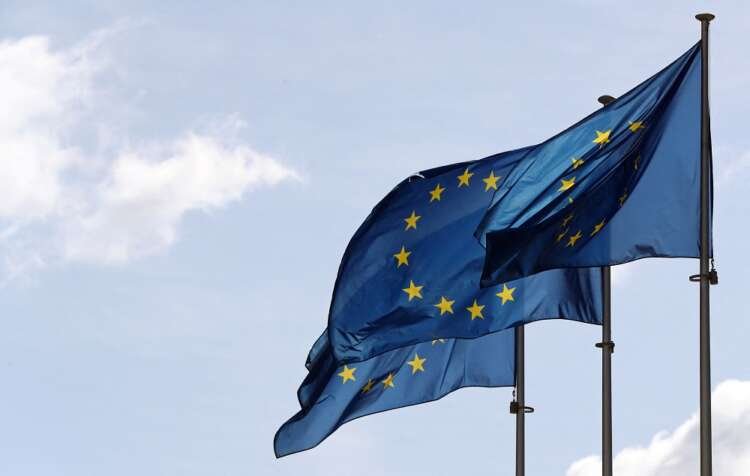EU may offer Hungary, Slovakia exemptions from Russian oil embargo


By Jan Strupczewski and Kate Abnett
BRUSSELS (Reuters) -The European Commission may spare Hungary and Slovakia from an embargo on buying Russian oil, now under preparation, wary of how dependent the two countries are on Russian crude, two EU officials said on Monday.
The Commission is expected to finalise on Tuesday work on the next, and sixth package of EU sanctions against Russia over its actions in Ukraine, which would include a ban on buying Russian oil, exports of which are a major source of Moscow’s revenue.
Hungary, heavily dependent on Russian oil, has repeatedly said it would not sign up to sanctions involving energy. Slovakia is also one of the EU countries most reliant on Russian fossil fuels.
To keep the 27-nation bloc united, the Commission might offer Slovakia and Hungary “an exemption or a long transition period”, one of the officials said.
The oil embargo is likely to be phased in anyway, most likely only taking full effect from the start of next year, officials said.
Europe is the destination for nearly half of Russia’s crude and petroleum product exports – providing Moscow with a huge source of revenue that countries including Latvia and Poland say must be cut, to stop funding its military action in Ukraine.
EU countries have paid Russia nearly 20 billion euros since Feb. 24, when it invaded Ukraine in what Moscow calls a “special military operation”, according to research organisation the Centre for Research on Energy and Clean Air.
Overall, the EU is dependent on Russia for 26% of its oil imports, but reliance varies between countries.
Slovakia and Hungary, both on the southern route of the Druzhba pipeline bringing Russian oil to Europe, are especially dependent, receiving respectively 96% and 58% of their crude oil and oil products imports from Russia last year, according to the International Energy Agency.
Germany, the top buyer of Russian oil in the EU, has in recent days said it could manage an oil embargo, having initially resisted for fear of the economic cost.
At 555,000 barrels per day, Germany imported 35% of its crude oil from Russia in 2021, but has in recent weeks reduced that to 12%, the German economy ministry said in an update on energy security on Sunday.
“An oil embargo with a sufficient transitional period would now be manageable in Germany, subject to rising prices,” it said.
The EU sanctions package is to be presented to ambassadors of EU governments on Wednesday.
(Reporting by Jan Strupczewski, Kate Abnett, Editing by Louise Heavens, Kirsten Donovan)
EU sanctions are restrictive measures imposed by the European Union against countries, individuals, or entities to enforce international law, promote peace, and protect human rights.
The Druzhba pipeline is one of the world's longest oil pipelines, transporting crude oil from Russia to various countries in Europe, significantly impacting their energy supplies.
The European Commission is the executive branch of the European Union responsible for proposing legislation, implementing decisions, and managing the day-to-day operations of the EU.
Explore more articles in the Top Stories category











